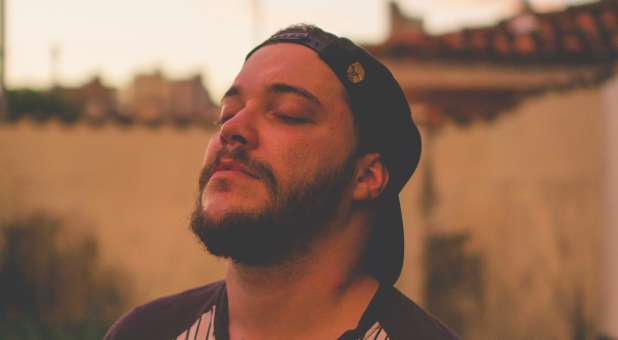Jesus sent his disciples on a kingdom journey and said, “Do impossible stuff like healing the sick and raising the dead and don’t take anything with you.” In other words, they were like trapeze artists swinging out into thin air with no net.
They had seen Jesus heal the sick and raise the dead. But who were they to attempt the same things? It must have seemed terrifying. And how else were they to learn to depend on God to do impossible things?
So it is for all of us who would move from a life pattern of meeting personal, lower-order physical needs to a life patterned after a different set of spirit-based principles.
It is never easy or fast. After all, our brains are hardwired according to the pattern of meeting physical needs. Neural pathways reinforced by years of habitual hand-to-mouth living must be rewired. Awareness of the possibility alone does not change behavior.
Discipleship
In Christian circles, we know this process of changing mindsets and habits as “discipleship.” We see the possibility of another way of living through the modeling of a disciple. We try it out, debrief it and then try it again. And we repeat the process over again until it seems normal enough that we begin living that way on our own.
It is a hard and often painful process and it feels like being born again. In the end, the disciple no longer has the self-centered and self-sufficient habits he grew up with, but is prompted by the Spirit to consider the needs of others as greater than his own (Phil. 2:3).
Most Christians wake up to the possibility of this kind of living, but don’t get to practice it enough to actually begin the process of allowing the Spirit to rewire their habits.
Even the disciples, having watched Jesus for three years and having practiced this new way of living for all that time, were slow to make the switch. When the pressure was on, Peter defaulted not to dependence on God, but to the habit of self-protective behavior. And if the disciples closest to Jesus failed the final exam, the others were worse, having abandoned Jesus in his hour of need.
Only after he had risen and they had prayed and waited for the Holy Spirit, did they make the real breakthroughs in their mindset.
So, if it was difficult for the disciples, the rest of us will need grace and practice too. We will only begin to make the transition as we experiment over and over again, depending on God.
But, here’s the problem: It’s hard to depend on God in familiar surroundings with your needs being met in predictable ways. As long as there are leftovers in the fridge, you don’t have to pray for your daily bread. As long as people you know surround you, you don’t have to risk developing new relationships.
So Jesus’ classroom is the road. He uses the discomfort of a journey to teach his disciples to find their comfort in new places. He sent them looking for the needs of others so that they would stop prioritizing their own physical needs. He sent them with nothing so they would look to God first.
He uses the same classroom today. The tool of journey chips away at our mindset and begins the process of rewiring our habits and familiar pathways.
Applying It
Ask yourself some questions:
How important are my needs? How important is my comfort?
Have I been born again in the sense that my old routine that put my needs first have been rewired?
Have I been discipled? Has someone helped me change the way I live?
How dangerous am I? Do I help change lives?
Do I feel free? Do I know how to set people free?
This is the only life you have been given. Live it well. Choose to press into God’s agenda.
Seth Barnes is the founder of Adventures In Missions, a Christian ministry that, for nearly 30 years, has taken over 110,000 people on mission trips around the world. With a focus on prayer and discipleship, Seth’s goal at Adventures is to see lives supernaturally transformed by God and empower a generation of radical Christ-followers.












